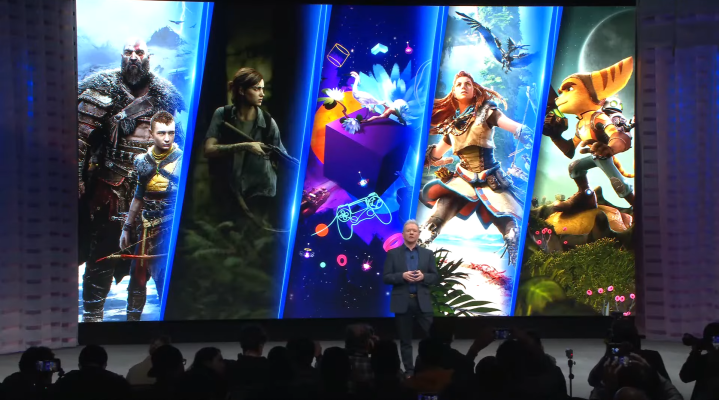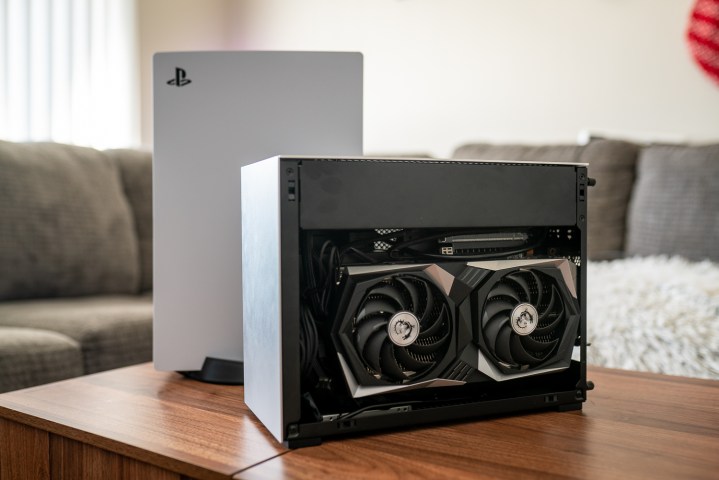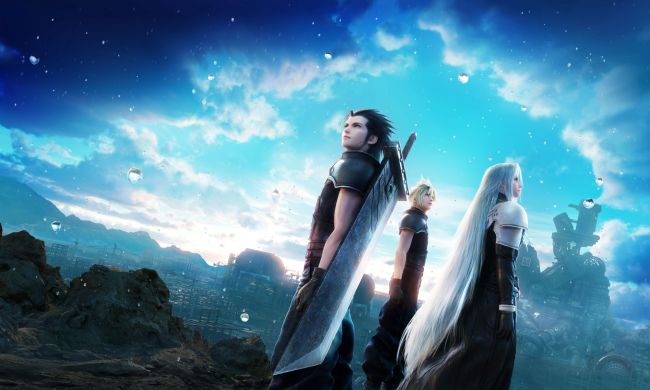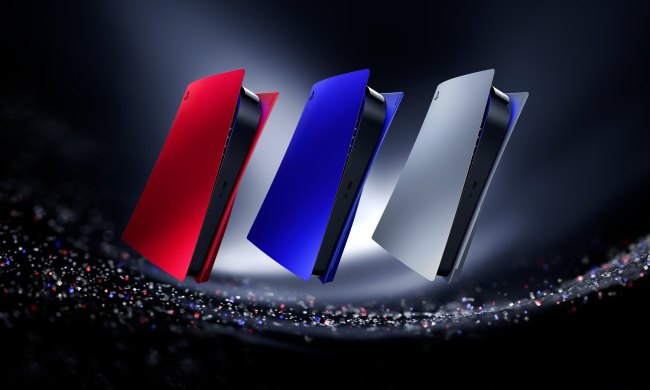
It’s been a rough few days for Sony. After a plan to implement mandatory PlayStation Network accounts for Helldivers 2 players on PC went haywire, one would imagine that the company is having a lot of talks behind closed doors right now. If there’s one thing I hope Sony takes away from everything, it’s that PlayStation’s online services need a 2.0 revamp.
It all kicked off when Sony announced that all Helldivers 2 players on PC would be required to have a PSN account to play and would no longer be optional. The backlash was instant, but not for unfounded reasons. Many players expressed concern about living in a country where they couldn’t even create a PSN account, leading to the eventual backpedaling of the decision.
This fiasco with Helldivers 2 is just the tip of the iceberg when it comes to the issues the current online infrastructure desperately needs to resolve — and it isn’t just limited to PSN accounts. It’s time for PlayStation to modernize its online services if it’s moving into the world of PC gaming.
PlayStation Network rework
The circus surrounding Helldivers 2 highlighted one major problem with Sony’s online service, but the issues with Sony’s services run deeper. First, there are the more pressing restrictions surrounding availability. PSN accounts are not available in all regions, and your account is locked to whatever region you create it in. This meant that anyone who had purchased Helldivers 2 and happened to live in one of the many countries in which they could not create a PSN account would be left out in the cold. While this no doubt irked a small subset of players prior to this event, shoehorning a PSN account requirement for a game sold on a platform offering the game everywhere becomes a bigger issue.
This also spotlighted the fact that PlayStation, a global brand, still limits PSN accounts to a relatively small list of countries. It is not acceptable that no one on the continent of Africa (except for South Africa) has access to PSN when PlayStation games are being sold there. PlayStation putting its games on PC is a huge step in the right direction for the accessibility of its titles, but not if its online service can’t keep up.

As you look deeper into Sony’s online services, smaller flaws begin to add up. So much is out of date and in need of a modern overhaul. You don’t even need to look back very far to see other examples. For instance, look to the recent Fallout 4 next-gen upgrade, which launched just last month to disastrous results. When this free update went live, anyone who had claimed the title when it was offered as part of the PS Plus Collection found that they were not entitled to a free upgrade and would need to purchase it. It took multiple weeks and conflicting confirmations and denials from various sources on whether it would get this free upgrade before it was finally fixed. This is a consistent issue with several games that have been on PS Plus and later gotten a next-gen upgrade, most notably affecting Final Fantasy 7 Remake in 2021.
Other issues include Sony’s incredibly restrictive refund policy, which makes another piece of its online service feel archaic. Every little quirk points to one bigger problem: The current PlayStation online infrastructure is not built to support the digital, global, and cross-platform future PlayStation is heading toward. This isn’t a matter of players demanding too much; they just want what’s expected everywhere else. It is fair to expect PlayStation to let its audience play games anywhere in the world, to have a clear refund system, and not be excluded from content others have because of some technical mess on the backend.
I understand rebuilding the entire PlayStation Network is no small ask. It would be a massive investment and likely a technical nightmare, but one that PlayStation can’t afford to put off any longer. PSN was built during a time in which all its current issues were almost non-existent, but that’s exactly why we need a network that can evolve and adapt. If the current system is one in which it takes years for something as basic as changing your PSN name, that isn’t going to be sustainable for much longer.



